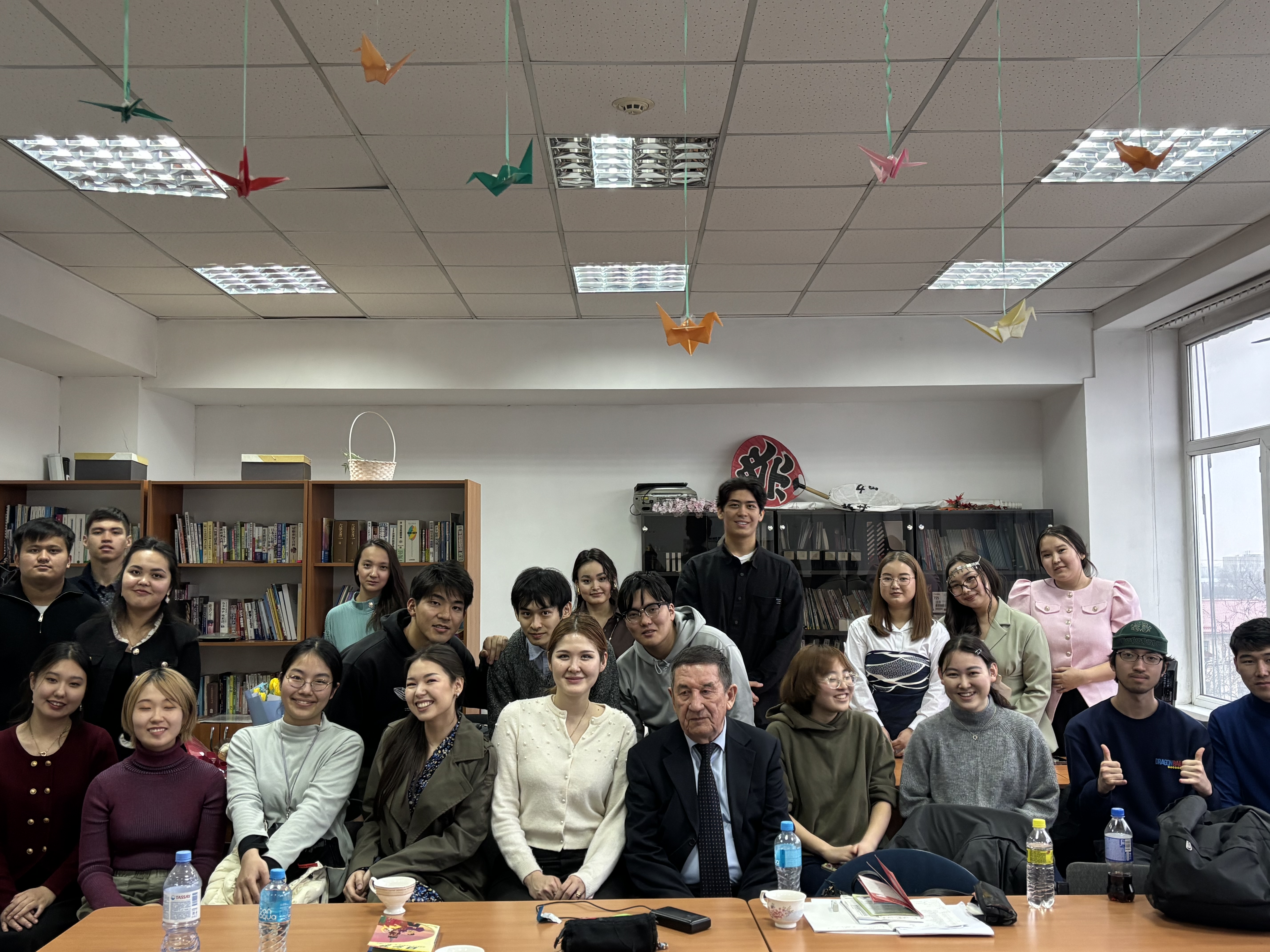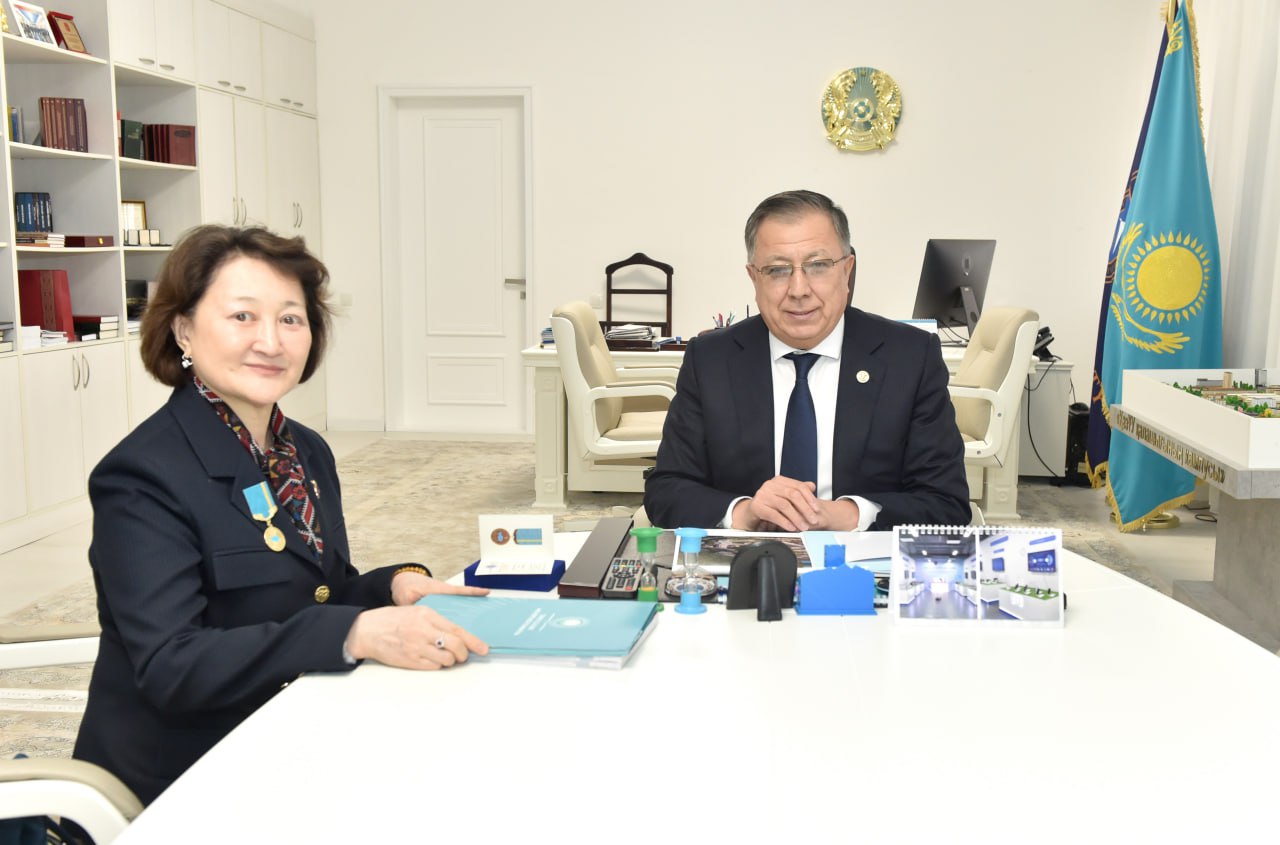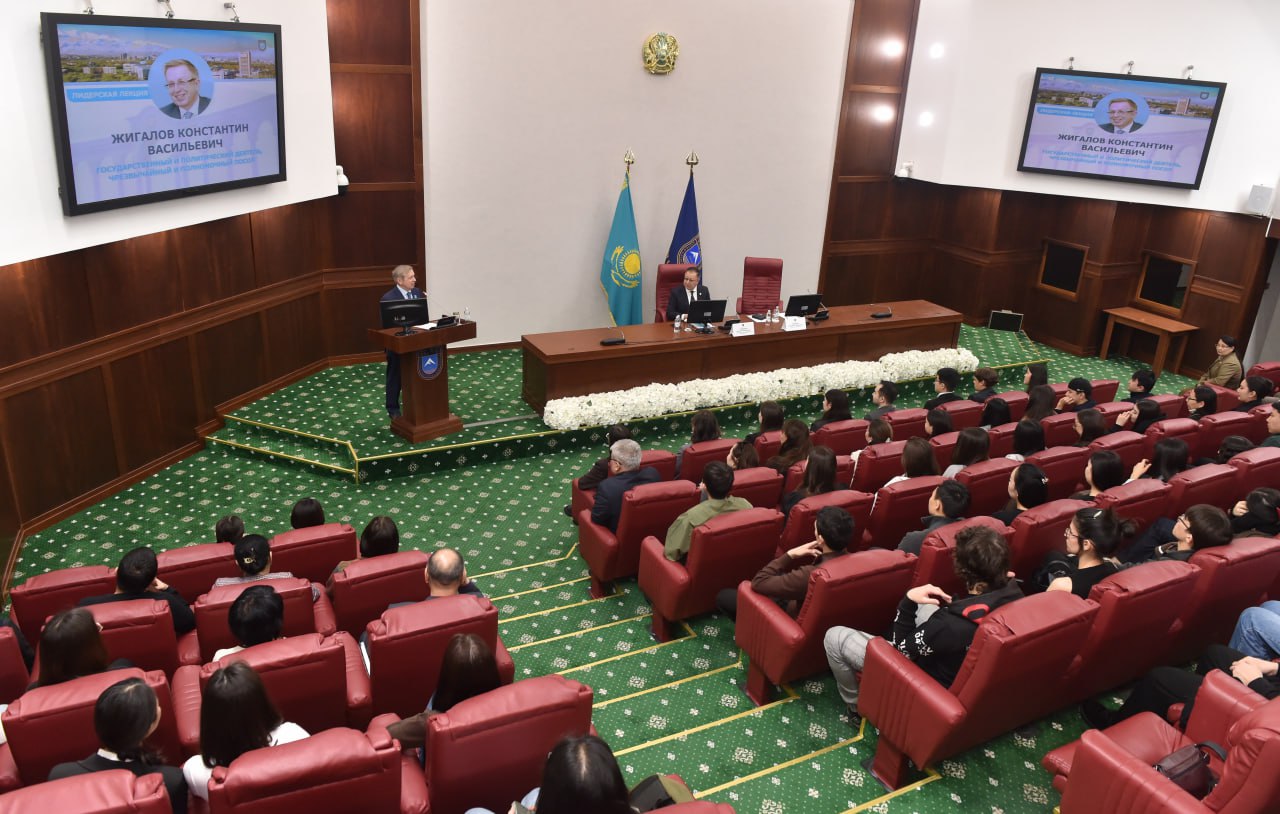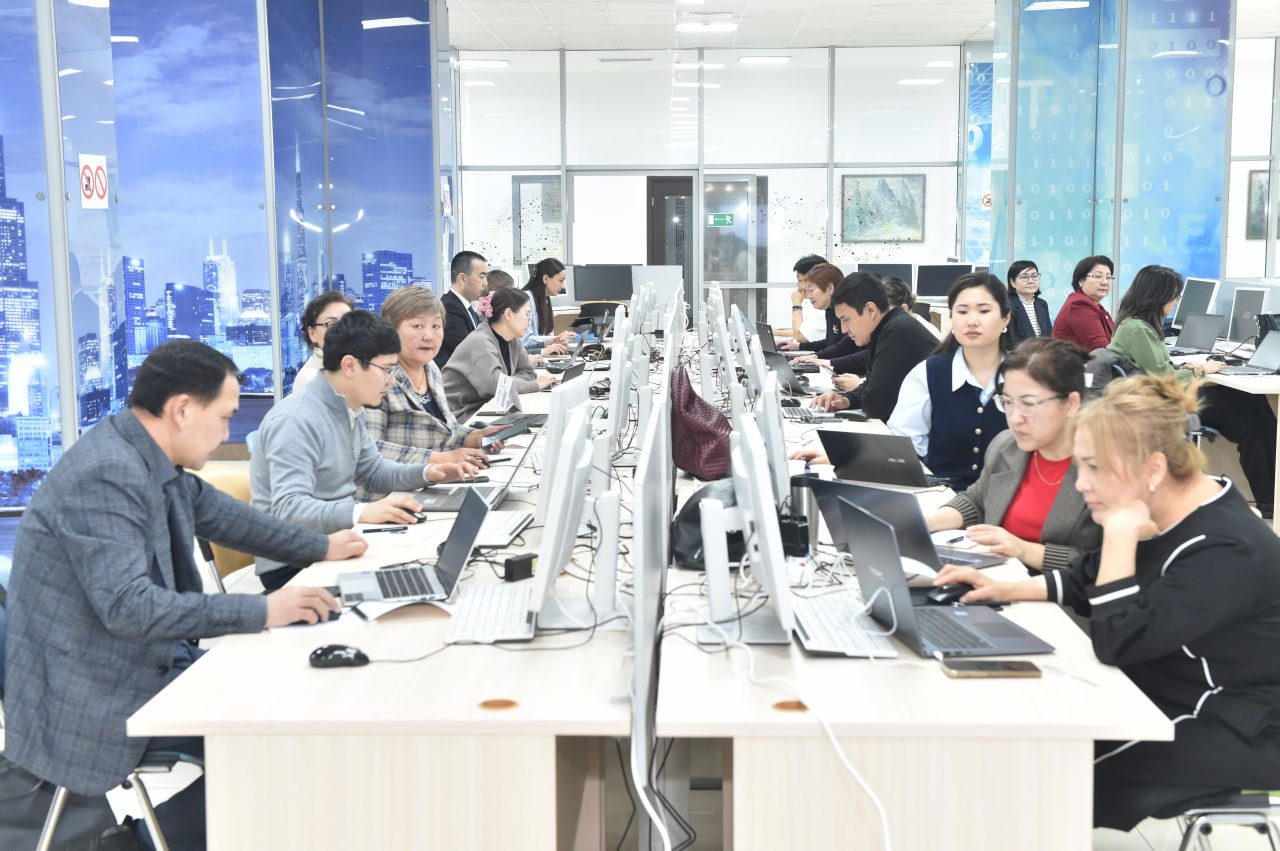Harmony of Kazakh and Japanese Philosophy: Open Lecture and Seminar

Harmony of Kazakh and Japanese Philosophy: Open Lecture and Seminar
The open lecture and seminar “Harmony of Kazakh and Japanese Philosophy”, attended by 2nd-year students of the Philosophy Department as well as students from the University of Tsukuba and the University of Tokyo, was held at a high academic level. The event was organized within the framework of the 17th UN Sustainable Development Goal – “Global Partnership for Sustainable Development.” This goal aims to strengthen international scientific cooperation, establish partnerships in education, and promote intercultural dialogue.
As an honorary guest, Professor Takashi Ninomiya from the University of Tsukuba was invited, and a lecture on “Harmony of Kazakh and Japanese Philosophy” was delivered by Bazarbay Jasmine, a 1st-year PhD student in philosophy. In her presentation, she provided a comprehensive analysis of the historical development of moral-ethical principles, spiritual values, and philosophical perspectives in both cultures.
The event was organized by Oserbayev Eldos, Deputy Dean for Scientific and Innovative Activities and International Relations, who emphasized the importance of exchanging ideas among students. Supervisor, Doctor of Philosophy, Professor Gabitov Tursun highlighted the significance of cultural and philosophical ties between the two countries for academic research and stressed the need for in-depth analytical approaches.
The seminar was conducted in an interactive format, where participants actively discussed the similarities and differences between Kazakh and Japanese philosophy. The discussion touched upon crucial topics such as national identity, spiritual values, and philosophical directions in the context of globalization.
As part of the event, Associate Professor Bauyrzhan Bozhbanbayev of the Temirbek Zhurgenov Kazakh National Academy of Arts organized a cultural program, where 1st-year master’s students Ardak Amerkulova and Ersin Erkin performed traditional Kazakh songs, adding artistic and cultural depth to the seminar.
Participants noted the high academic level of the seminar and emphasized the crucial role of such events in advancing philosophical knowledge and fostering intercultural dialogue.



